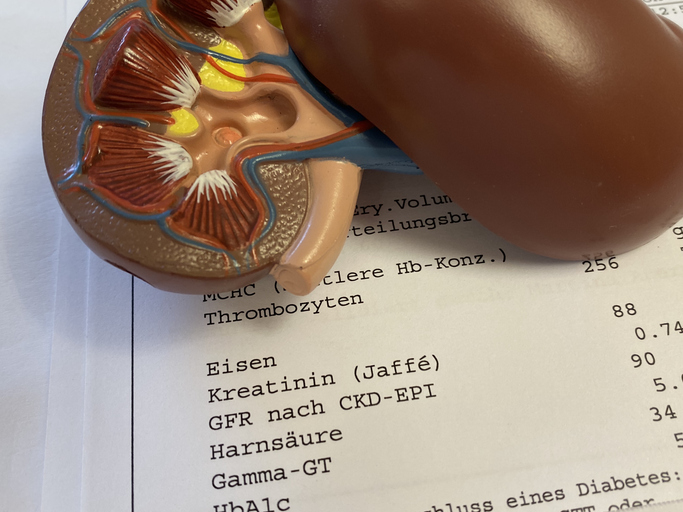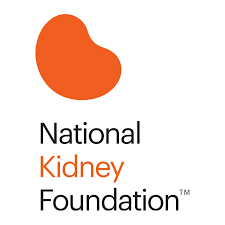“Things have looked up for U.S. kidney transplant recipients over the past few decades, according to a review article.
In adult kidney transplant recipients, the total number of transplants from living and deceased donors in the U.S. jumped from 45,008 in 1996-1999 up to 76,885 in 2016-2019, reported Sundaram Hariharan, MD, of the University of Pittsburgh School of Medicine, and colleagues.
This uptick was largely driven by a rise in the number of transplants from deceased kidney donors, from 29,823 in 1996 to 53,139 in 2019, they stated in the New England Journal of Medicine.”
Read more, here.







